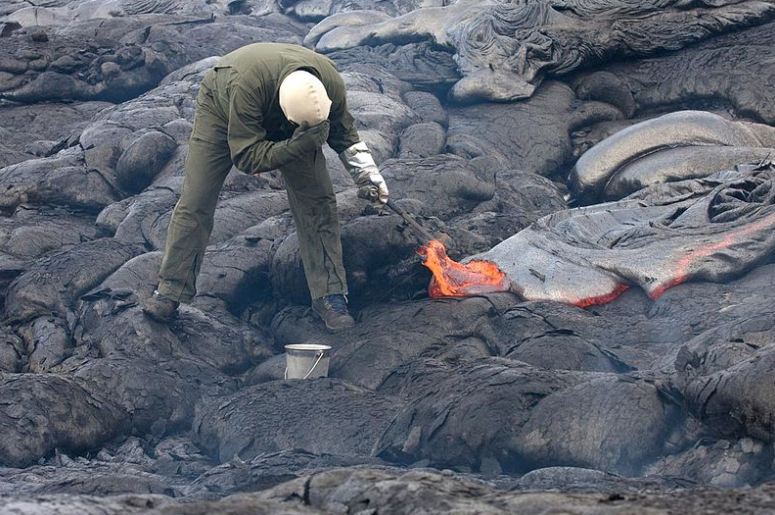Our planet is full of volcanoes, wherein statistic shows that there are roughly 1,500 active volcanoes around the globe. These features of the Earth are a part of the crust, which allows hot lava, volcanic ash, and various gases to escape from a magma chamber below.
We often see volcanoes in movies, TV shows, and books – giving us a glimpse of its powers, while for some people, volcanoes are related to supernatural beliefs.
Interestingly, volcanoes are a very complex part of our world, which serves an important role in maintaining the inner temperature of our planet. It helps in releasing excess heat underneath the crust to make sure that the Earth’s temperature is normal.
However, despite the wonderful thing that volcanoes can do, some people also consider it as a dangerous part of our planet. Several recorded volcanic eruptions in history made a significant impact in the lives of many people, killing thousands and destroying numerous houses. The destructive force of volcanoes could lead to severe harm without proper preparations since it is also responsible for causing earthquakes, as well as tsunamis.
Because of the harmful threat that is present in volcanoes, scientists over the years devotes in studying their properties and other features to help prepare and predict any volcanic activities. This study conducted by scientists helps cities in preventing fatalities by providing prior information about a volcano’s status. Furthermore, the observation of volcanoes led to the development of a field of study categorized under Earth science, which is called volcanology.
In this article, we are going to look into the more profound definition of volcanology and its history.
What is Volcanology?
As mentioned earlier, volcanology is a branch of Earth science devoted to the study of volcanoes, magma, and lava. It also focuses on the observation of any related geophysical, geological, and geochemical phenomena, such as the eruption of molten rocks.
Volcanologists are the scientists who are dedicated to the study of volcanoes. These people use various tools and methods to carefully observe and gather information about volcanic activities. Furthermore, volcanologists do a lot of fieldwork near active volcanoes to gain more knowledge.
However, despite the incredible effort of scientists to learn more about volcanoes, there is still no accurate way to predict volcanic eruptions. One of the main goals of volcanology is to develop a way to predict eruptions accurately, which is a better way to prepare and save lives.
In our modern world, volcanologists use various methods to observe volcanic activities. Among these processes are the observation of seismic activities using a seismograph, surface deformation monitoring due to increased magma supply, monitoring gas emissions and surrounding temperature, and many others.
What is the origin of volcanology?
We can trace back the earliest observations of volcanoes to ancient Greek and Roman. However, these early accounts in the study of volcanoes are merely observations and do not have any concrete scientific explanations. One popular belief from the Greeks was that volcanoes are related to their gods, wherein Hephaestus sat below a volcano while forging the weapons of Zeus.
There are several philosophers during ancient times who made their contribution to the development of volcanology. Some of the most remarkable philosophers were ‘Pliny the Elder’ and Pliny the Younger.’ These two great philosophers were uncle and nephew, wherein the elder died due to his near observation of Mount Vesuvius in 79 CE. During this time, Mount Vesuvius erupted, causing it to release toxic gases. His nephew also made observations about volcanoes, particularly about the eruption in Mount Vesuvius, in which Pliny the Younger speculated that the death of his uncle is due to the toxic gases released by the volcano. Their works became an influence on other philosophers and scientists, wherein volcanologists named a specific type of eruption after the two Pliny philosophers – called Plinian eruption.
Throughout the years, many other scientists and geologists made their contributions to the advancement of volcanology. Many of the scientists interested in understanding more about our planet’s volcanoes are geologists who study much about how the Earth functions.
Today, volcanology is still a major part of Earth science, wherein volcanologists are doing their best to reach scientific advances that would benefit humans. As mentioned earlier, one of the primary aims of volcanology was to develop an accurate and efficient way to predict volcanic eruptions.
